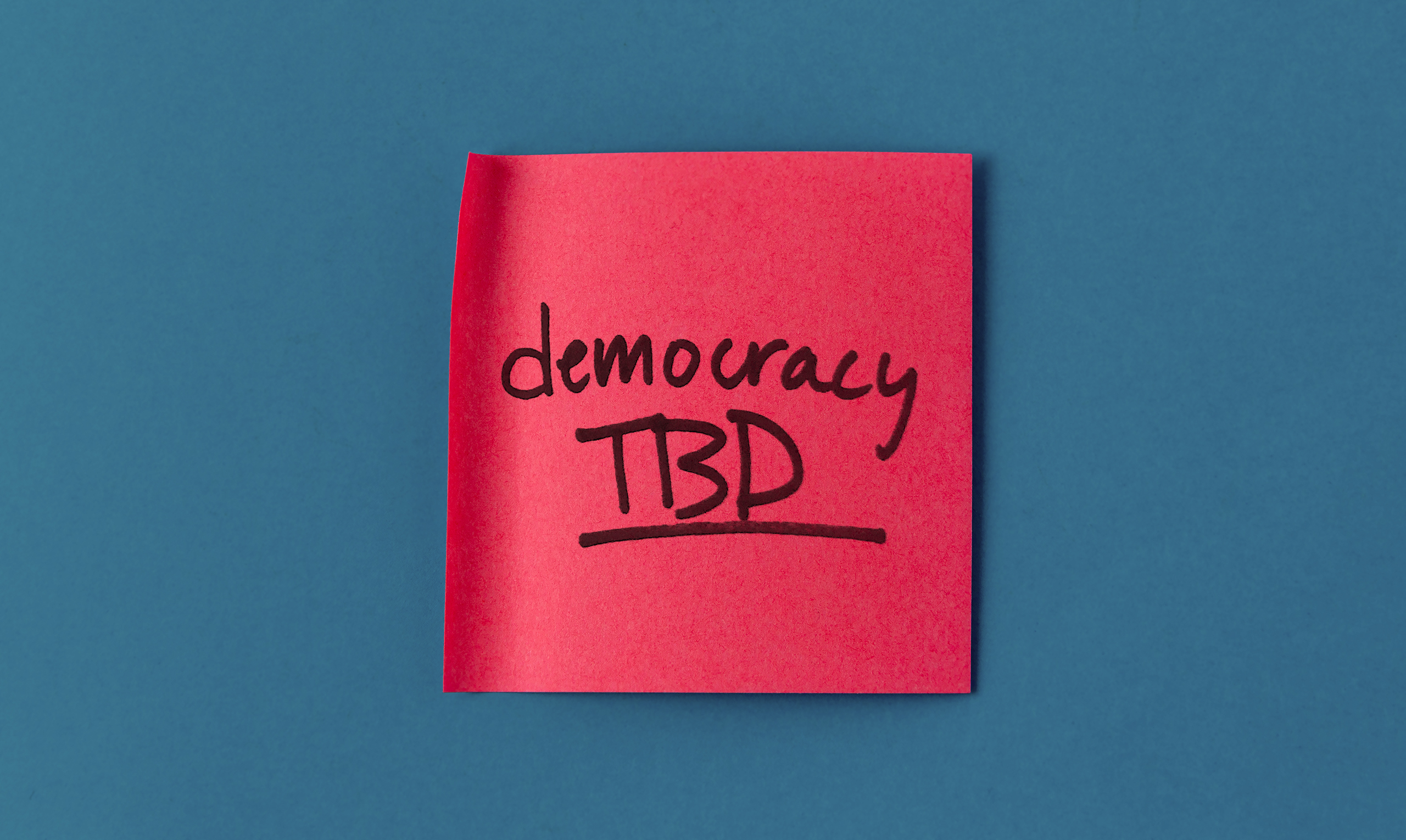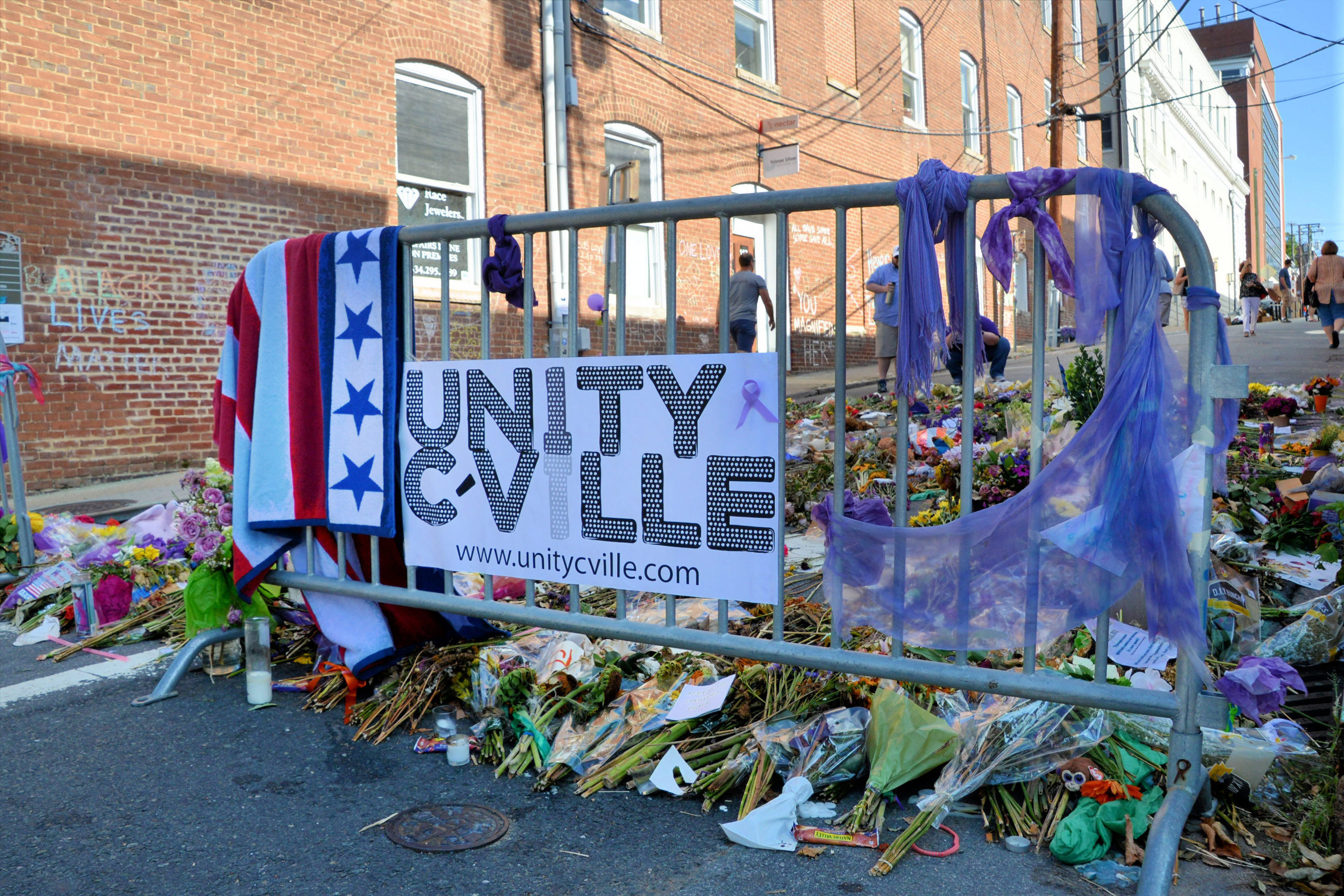In the fall of 2021, Democracy Fund commissioned an evaluation of our Election Security and Confidence portfolio – the major focus of the Elections & Voting Program’s Trust in Elections strategy – to summarize our investments, activities, and impact and help us make informed decisions about future investments. Here, we reflect on the history of our election security work and share key findings from the evaluation. For a deeper dive, we invite you to read the full report.
History of the Election Security & Confidence Portfolio
The 2016 U.S. Presidential Election was a turning point for election security following attempts by foreign actors, namely Russian, Chinese, and Iranian groups, to disrupt the election with cyber-attacks. After the election, as information surfaced about how foreign actors scanned – and in a few cases gained entry into – several state and local election networks, it became clear that election security was now a national security concern. In response to these events, the Democracy Fund Elections & Voting Program added a body of work in 2017 to focus on improving security and confidence in our elections. With an emphasis on election security, this portfolio aimed to fortify the election system to prevent further foreign interference and counter cybersecurity threats by investing in tools and training for election officials. As part of these efforts, we also launched the Election Validation Project, which focused on expanding the use of post-election audits, and Democracy Fund Voice supported coalitions that advocated for, and secured, federal funding for elections in three straight years – 2018, 2019, and 2020 – which was the first funding for elections since the passage of HAVA in 2000.
The Elections & Voting Program’s initial landscaping and research led to the development of four core areas for grantmaking to prevent election interference based on the threats posed by foreign actors and vulnerable security infrastructure. These core grantmaking areas included:
- Fortifying the field with workable solutions and best practices
- Empowering election officials to advocate for funding to strengthen election cybersecurity
- Researching verification practices and resiliency efforts
- Public messaging on the legitimate risks to election systems
Evaluating the Portfolio’s Impact
An evaluation of the portfolio’s impact, conducted by Fernandez Advisors, focused on identifying the impact, growth, and sustainability of our investments to improve both election security and confidence in election outcomes. The report found that our investments in election security resources and tools that increased the capacity of state and local election administrators to identify and manage security threats were among the most valuable. In particular, government agency partners noted the critical role that Democracy Fund played by acting quickly and early to take the financial risks necessary to develop and pilot new election security resources (e.g., trainings, tools, technical assistance, and playbooks), which were eventually adapted by local, state, and federal government agencies once the proof of concept had been established.
Our early investments in election cybersecurity contributed to the successful execution of the 2020 election. These investments in enhancing election cybersecurity through training and tools and the push for additional federal funding for elections helped create the conditions for what the U.S Department of Homeland Security called, “one of the most secure elections in history.”
Summary of Findings & Key Takeaways
Despite our work on election security and cybersecurity, public trust in the election system is dangerously low. When we started our work in election security, we believed that investing in election cybersecurity would protect the system from foreign interference, which would lead to increased public trust in elections. The first part of the hypothesis proved accurate—states and the federal government have adopted many of our grantees’ election cybersecurity training and tools, freeing election officials to turn their attention to other issues in the system. However, hyperpartisanship and threats of authoritarianism have further reduced public trust in elections and – in ways that were simultaneously unexpected and should have been anticipated – exposed new elections vulnerabilities including viral mis-and dis-information, the spread of unproven ballot review techniques, and attacks on election officials.
When we began investing in election security, it was still a young field with few philanthropic players. Democracy Fund played a role in catalyzing new approaches to improving election security, many of which are now embedded in the election system and the work of election officials. The 2016 election was a wake-up call that exposed the security vulnerabilities of our election system, and the system responded by shoring up the infrastructure. We are proud to have played a role in that initial response, and still believe that a resilient system is essential to ensuring free, fair, and equitable elections in this country.




